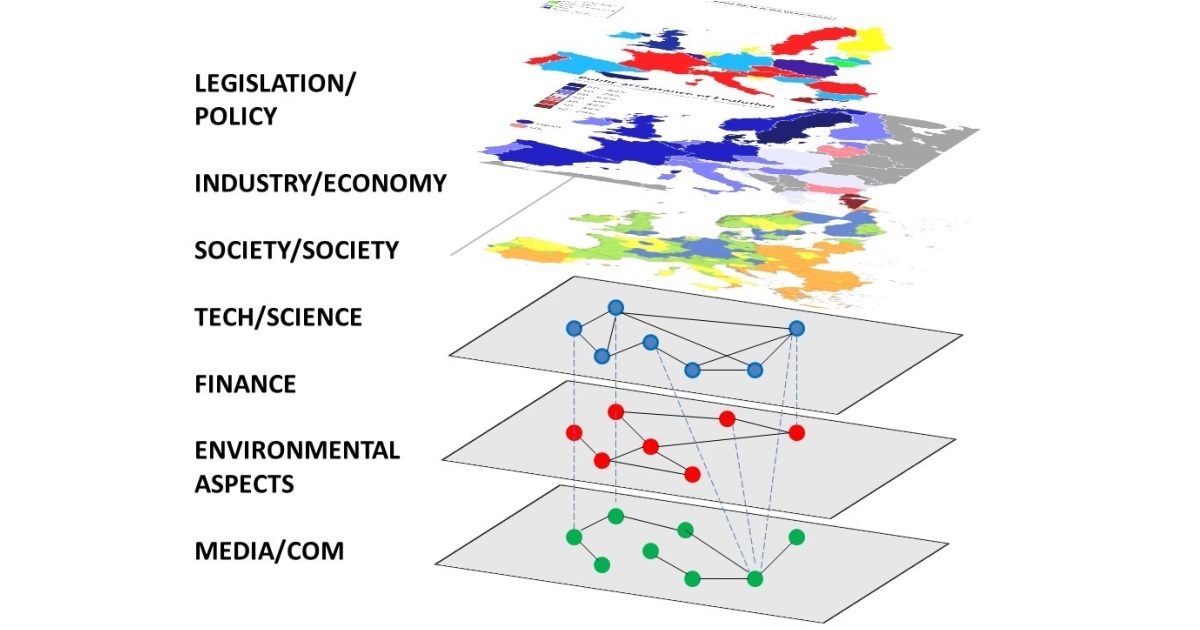Advances on European Union Common Marine Policy
A special issue of Sustainability (ISSN 2071-1050). This special issue belongs to the section "Sustainable Oceans".
Deadline for manuscript submissions: closed (15 June 2023) | Viewed by 1891

Special Issue Editor
Special Issue Information
Dear Colleagues,
“Seas and Oceans” are considered and communicated at the political level as a challenge. They are historically approached and modelled as a natural environment (i.e., mainly thorough physical and biological variables). Indeed, the marine environment is entangled with anthropogenic aspects and political frameworks. Tackling the challenge will therefore require an agent-based approach to policy, where instruments, legislation, culture and technology are embedded in the natural environment. Policy makers ask for a scientific support to solutions, but many communities are struggling with adopting processes that can be appropriate, feasible, effective, politically correct and acceptable by industry and citizens.
A transformation in the scientific methodology when dealing with seas and oceans is needed, adopting a truly interdisciplinary approach, e.g., with the engagement of anthropology, network and complexity science.
In this context, Europe can play a fundamental role in the global scenario, but a “learning by doing” or an “evidence-based” support to policy should be transformed in a “knowledge-based” one, also looking at other sectors and robust theoretical models.
The sustainability of the marine environment addresses a diversity of interconnected aspects and stakeholders. Motivations, capacities, contexts, and objectives are difficult to be framed into a Marine Policy that can be effective at local and global scales, and short- and long-terms.
In this Special Issue, original research articles and reviews are welcome. Research areas may include (but are not limited to) the following:
- The experiences from other sectors (Soil, Health, Urban);
- The theoretical approach to complexity;
- The anthropological aspects of environmental policies;
- New approaches to simplify the objectives of legislation;
- Emerging issues (Deep Sea Mining, Unexploded Ordnances).
- I look forward to receiving your contributions.
Dr. Pier Francesco Moretti
Guest Editor
Manuscript Submission Information
Manuscripts should be submitted online at www.mdpi.com by registering and logging in to this website. Once you are registered, click here to go to the submission form. Manuscripts can be submitted until the deadline. All submissions that pass pre-check are peer-reviewed. Accepted papers will be published continuously in the journal (as soon as accepted) and will be listed together on the special issue website. Research articles, review articles as well as short communications are invited. For planned papers, a title and short abstract (about 100 words) can be sent to the Editorial Office for announcement on this website.
Submitted manuscripts should not have been published previously, nor be under consideration for publication elsewhere (except conference proceedings papers). All manuscripts are thoroughly refereed through a single-blind peer-review process. A guide for authors and other relevant information for submission of manuscripts is available on the Instructions for Authors page. Sustainability is an international peer-reviewed open access semimonthly journal published by MDPI.
Please visit the Instructions for Authors page before submitting a manuscript. The Article Processing Charge (APC) for publication in this open access journal is 2400 CHF (Swiss Francs). Submitted papers should be well formatted and use good English. Authors may use MDPI's English editing service prior to publication or during author revisions.
Keywords
- complexity
- governance
- multi-dimensional sustainability
- emergencies
- local vs. global
- cross-sectoral experiences
- modelling
Benefits of Publishing in a Special Issue
- Ease of navigation: Grouping papers by topic helps scholars navigate broad scope journals more efficiently.
- Greater discoverability: Special Issues support the reach and impact of scientific research. Articles in Special Issues are more discoverable and cited more frequently.
- Expansion of research network: Special Issues facilitate connections among authors, fostering scientific collaborations.
- External promotion: Articles in Special Issues are often promoted through the journal's social media, increasing their visibility.
- e-Book format: Special Issues with more than 10 articles can be published as dedicated e-books, ensuring wide and rapid dissemination.
Further information on MDPI's Special Issue polices can be found here.





